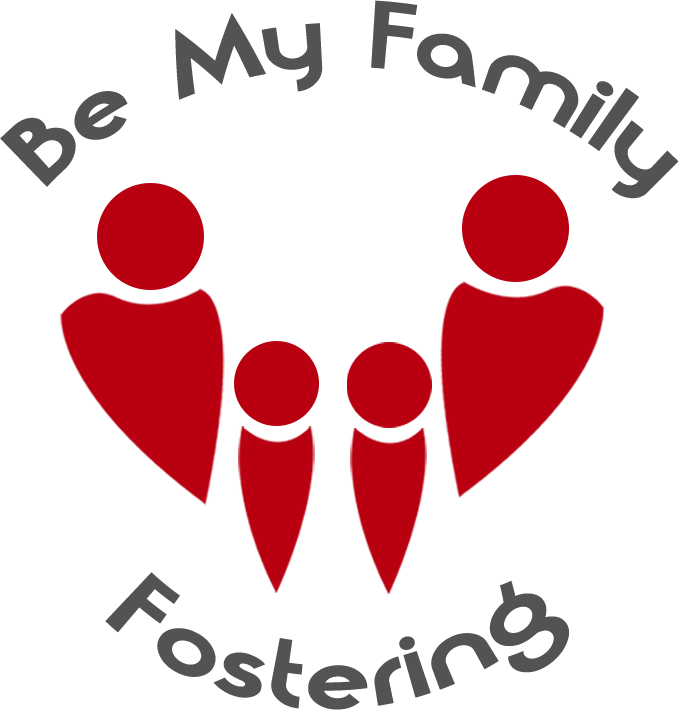Foster Carers
BMFFA allocates a named supervising social worker to each foster carer.
The role of the supervising social workers includes providing support, advice and guidance through regular communication and home visits & meetings. It is their responsibility to monitor foster placements through regular announced and unannounced visits to foster carers’ homes.
It is expected of you as foster carers to keep an open communication with your supervising social workers and keep them informed not only when there are problems but also when everything is going well with your foster placements. You are advised to use the support from your supervising social workers effectively as they are a crucially important link between you, the Agency and placing authority.

You could expect at least the following from your Supervising Social Worker:
- At least 4-weekly home visit and regular communication;
- Working in partnership with social workers and other relevant professionals;
- Be present when foster child(ren) are placed;
- Be present for any emergencies;
- Be present at LAC reviews and other statutory meetings;
- Inform local authority managers of any complaints immediately;
- Carry out annual foster carers reviews;
- To see the child(ren) placed with you on their own;
- Discuss with foster carers their training and development needs;
- Support foster carers in any other areas which are important.
Supervising Social Workers monitor each child’s foster placement during their visits to foster carers. Some of the matters routinely discussed at those visits are the following:
- How foster placement is progressing;
- Any health issues for child(ren);
- How child(ren) are doing at school and any issues to do with their education;
- Pursuing of any areas of child(ren)’s interests;
- Contact with foster child(ren)’s birth families and significant others;
- Social behaviour and presentation;
- Appropriate development and growth of child(ren) in foster care;
- Self-care skills, if appropriate;
- Adequate clothes;
- Furnishing and good decorative order of accommodation;
- Concerns and complaints.

There is effective out of hours advice and support service for all foster carers.
All newly approved foster carers receive induction, and are supported to achieve Training, Support and Development Standards for Foster Care (TSDS) within 12 months of their approval.
BMFFA has a strong commitment to personal development and encourage all foster carers to build up a training portfolio.
We believe that training plays a very important part in foster carers’ development. It enables foster carers to do their job to the best of their abilities and also encourages developing and building on their own experience and skills to the benefit of children who are in their care.
Foster Carers Support Group plays a huge part in the mutual support for foster carers. Support Group is a forum for foster carers to share their positive and challenging experience of fostering with other foster carers in a safe environment. It helps new foster carers benefit from the knowledge of experienced foster carers. Support Group is also used for small workshops and short training sessions on the issues identified by foster carers themselves.
BMFFA believes in promoting and facilitating Support Group meetings on a regular basis and making them as local and convenient for foster carers as possible.
We have a highly experienced qualified team of professionals who provide intensive level of support to all our foster carers and foster children and young people. And we are proud of having committed and nurturing foster carers who provide positive better outcomes for foster children and young people.
We continue to celebrate the great achievements made by the foster children and young people; as well as recognise and honour commitment and hard work to fostering to improve looked after children’s lives by our team who support our foster carers and by foster carers.
